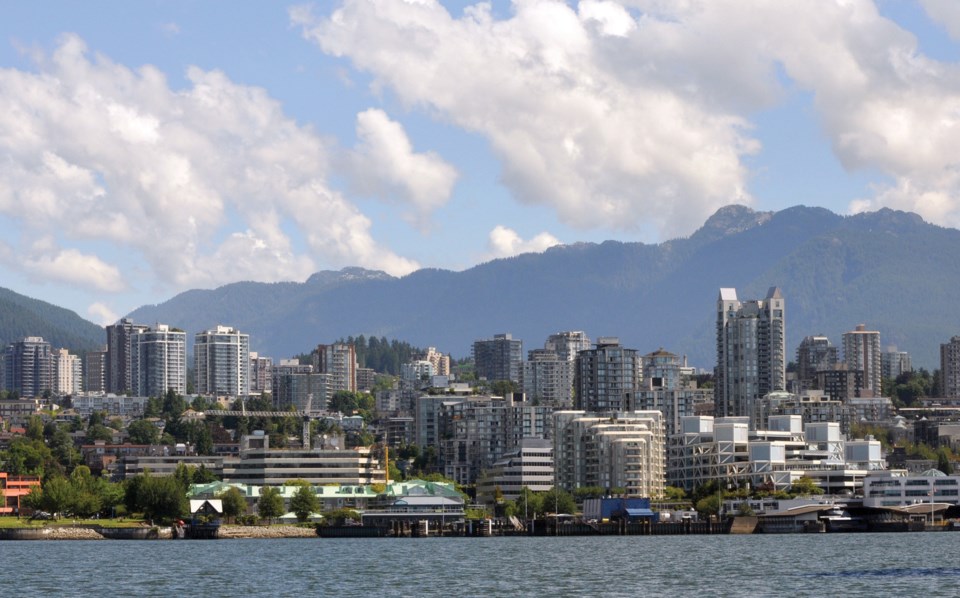Homeowners on the North Shore should brace for some sticker shock when they receive their property assessment notices next month.
Many single-family homeowners in both North Vancouver and West Vancouver will see their property assessments rise between 30 and 50 per cent over the previous year, the B.C. Assessment office is warning.
“Those would be some of the higher increases in the province,” said Jason Grant, area assessor. “I’ve been in this position 12 years. It’s certainly the highest increase I can recall in the past decade.”
Assessment hikes on the North Shore are similar to increases being seen throughout the Lower Mainland, said Grant.
They also come on top of the 15 to 25 per cent increases in assessments a year ago.
Grant said it’s important to remember that “large increases in assessments do not always translate into large increases in property taxes.”
How much property taxes increase for individual owners has more to do with how that property’s increase in assessed value compares to the average increase in their area, said Grant.
Those whose increases are much higher than the average can expect to pay higher taxes.
Homeowners who fall into that category will see early notification letters arriving from the assessment office within the next week.
Only property owners whose assessments have gone up 15 per cent higher than the average increase in their community will receive a letter.
About 4,500 homeowners out of a total of 70,000 property owners in North and West Vancouver will receive a letter – about 6.4 per cent of the total.
Provincewide, about 4.5 per cent of owners typically receive the early notifications, said Grant.
Last year, just more than 2,100 homeowners on the North Shore received the early warning letters.
He added the early notifications go out every year and are not connected to the particular increase in Lower Mainland property values this year.
Detailed property assessment notices will go out to all homeowners at the beginning of January. But those who are curious don’t have to wait until their assessment arrives in the mail.
Property owners can go online to the B.C. Assessment website and check their own assessment – and anyone else’s – starting Jan. 3.
Another feature that allows anyone to check for sales in their neighbourhood is already active on the website. Grant said the free online tools are extremely popular.
As usual, the assessed values being released in January are based on what property values were almost six months prior – on July 1, 2016.
This year, that means assessments will reflect property values as they were near to the peak of the real estate market, while values of single-family homes on the North Shore have been falling since then.
Grant said if values continue to slide, those changes will be reflected in next year’s assessments.
The latest figures from the Real Estate Board of Greater Vancouver still put the sale price of an average single-family home in West Vancouver at more than $3 million and an average single-family home in North Vancouver at more than $1.6 million last month.
Those who disagree with the assessed value of their property also have the option of appealing, said Grant.
Typically only about one per cent of property owners appeal their assessment.
In response to the jump in assessments, this week, Metro Vancouver politicians announced they will urge the province to consider changes to the way the homeowner grant is calculated in the future.
Local politicians have voiced concern that the skyrocketing assessments have left many Lower Mainland homeowners out of luck on the homeowner grant.
That has resulted in Lower Mainland property owners collectively receiving a smaller slice of the grant money handed out, despite a rapidly growing population.
A study commissioned by Metro Vancouver has suggested several alternatives to the way the grant is calculated, including having different municipalities set different thresholds of assessed value for receiving the grant, providing different grants depending on how long owners have owned their properties and scrapping the program entirely in favour of supporting more affordable housing.



